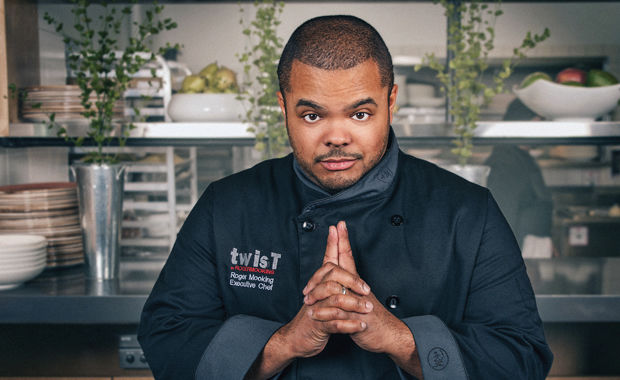A Career In Hospitality Is For Everyone
Career Opportunities With the integration of new media, advertising, and finance into the hospitality sector — being involved in the restaurant business isn't just about food anymore.
aving opened 6 restaurants in the last 10 years, as well as being a professor and industry advisor in the Restaurant Operations Certificate program at Centennial College, Toronto’s Alex Sengupta lives and breathes hospitality. Many will be familiar with The Lakeview on Dundas Street West, or perhaps coffee shops like The Abbott and The Tenant of Parkdale, all of which pay testament to a career that spans nearly 30 years.
Starting at the age of 13, Sengupta cut his teeth working for a distribution company called Russo Foods, and he’s been swept up in the restaurant maelstrom ever since. His on-the-ground experience has obviously been integral to his success, but he’d still argue that there are better routes to take.
“I think that in terms of learning efficiently — and not having to go through 30 years of being in the industry like myself — you could learn what I know in a shorter amount of time, with the right tutelage and the right environment,” says Sengupta. “The best people that I know in the industry have all either taken or taught something in a school, which I think really speaks to its value.”
Choose your own adventure
Of course, practical experience in the field can’t be understated either, which Sengupta ultimately sees as another form of education. “I believe that every restaurant in itself is a school and that every menu is its own textbook.”
This advice means that a slice of both practical and educational experience is advisable for anyone looking to break into the hospitality sector, which according to Sengupta, is now easier than ever.
“I strongly recommend taking a seven week continuing education course. There’s night courses that allow for flexibility and they can give you a snapshot of several different aspects of opening and running a restaurant. To couple that, I’d advise getting a part-time job in the industry — whether it’s as a host or dishwasher. Those front-line positions are really, really important in learning the mechanics of a successful space.”
The flexibility isn’t just limited to hours either. According to Sengupta, considering the sheer diversity of courses available today, there’s a career change out there for all walks of life.
“You can do anything from finance to maintenance to sales,” says Sengupta. “You could concentrate on books, on economics, on inventory, or spending. If you have a background in production, you could do training videos for restaurants. There are really just endless opportunities these days.”





.jpg)
















.jpg)

.jpg)




